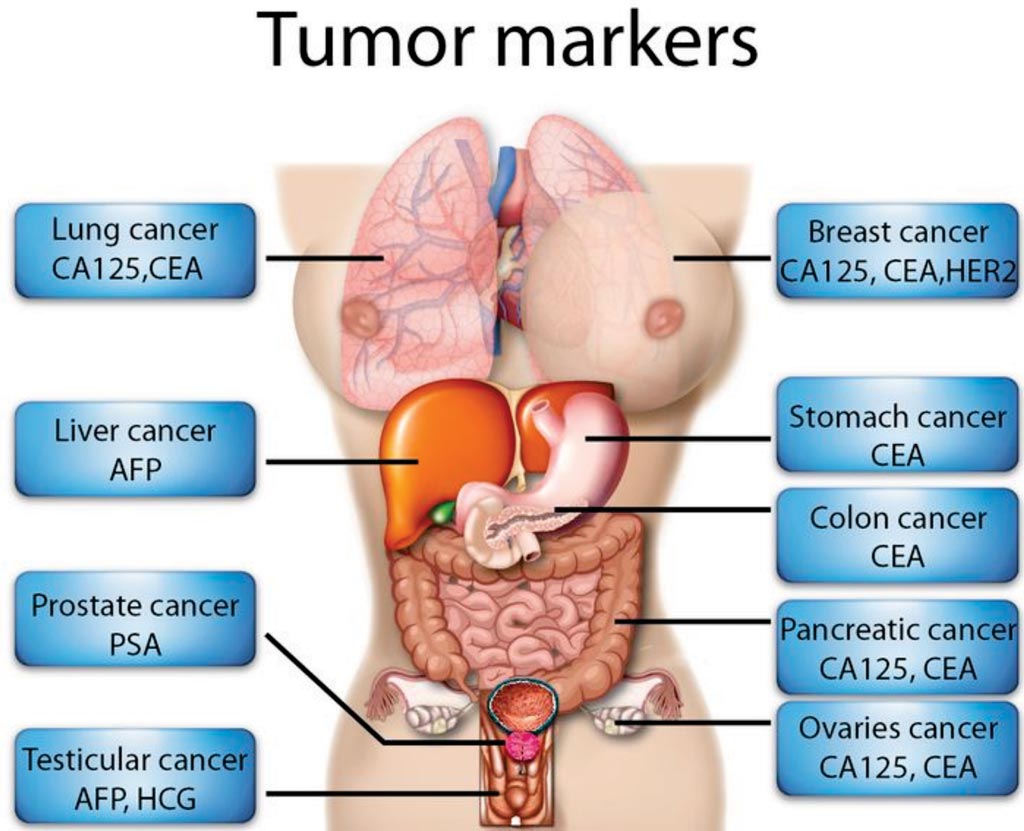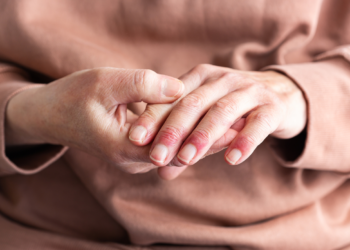Treatment plans for patients who have been diagnosed with any type of cancer is definitely not easy as one, two, three. Hence, some doctors recommend further tests, such as a tumour marker test, to be done on their patients so they can know more about the type and aggressiveness of the cancer cells and be able to cover all bases when drawing out a plan to combat this disease. Several tests for tumour marker in Singapore are available at Alpine Surgical Practice.
What are tumour markers?
For some people with cancer, their blood, urine, or other body tissues contain substances or proteins that are more than above the normal level required in the body. These substances or proteins that are higher-than-normal are called tumour markers or biomarkers. Often, these biomarkers are made by the tumours. However, there are also instances when these markers are produced by healthy cells to counter a tumour’s existence.
What is the importance of a tumour marker?
Tumour markers are important as they can identify if:
- The cancer has metastasised or spread to other areas in the body
- The cancer treatment plan is effective
- The cancer has relapsed after completing a treatment
- The chance of patient recovery following a treatment is high
It is also important to note that not all tumour markers specifically point to a certain type of cancer. There are also other health conditions that can cause tumour marker levels to spike. Likewise, the results must be used in combination with radiology tests to be more accurate when assessing cancers.
What are the classifications of tumour markers?
Tumour markers fall under two classifications:
- Cancer-specific markers
- Tissue-specific markers
Cancer-specific markers refer to biomarkers that are produced by a cancer tumour.
Tissue-specific markers are linked to certain tissues in the body which produces this kind of biomarker as a response to the existence of a specific cancer in the body.
What are the types of tumour markers?
There are various types of tumour markers. The type of test for a patient to take will generally depend on their symptoms, overall health condition, and family’s health history. Below are some types of tumour markers available in Singapore:
- For Liver and Bile Duct Cancers – AFP: Alphafeto-protein
- For Bile Duct and Liver Cancers – CA19-9: Carbohydrate Antigen 19-9
- For Colon Cancer and Gastrointestinal Tract Cancers – CEA: Carcinoembryonic Antigen
- For Ovarian Cancer – CA 125: Cancer Antigen 125
- For Breast Cancer – CA15-3: Cancer Antigen 15-3
- For Prostate Cancer – PSA: Prostate-specific Antigen
For patients specifically diagnosed with colorectal or gastro intestinal cancers, the tumour marker tests that may be recommended are AFP, CA19-9, and CEA.
How is a tumour marker test performed?
Tumour marker tests can be performed in different ways. They may be done through a blood test, urine test, or a biopsy.
Blood tests are the usual method used in tumour marker tests. In this procedure, a medical professional will gather blood samples from a vein located in one of your arms. The blood will be extracted and stored in a vial using a small needle that is inserted into your vein. The procedure is done quickly and there is usually minimal pain or discomfort.
Providing tissue samples are needed when getting a biopsy. To do this, a tiny sample of a tissue will be cut or scraped from the part of the body that needs to be examined.
For urine tests, patients are usually given specific instructions on how to collect the amount of urine needed by their medical provider.
Do tumour marker tests have limitations?
While tumour marker tests can aid in giving deeper insights into a patient’s cancer diagnosis, the procedure may at times not be accurate or perfect. Limitations to these tests are:
- The tumour markers may not surface if the cancer is in its early stage or if the type of cancer present does not produce any tumour marker.
- The levels of tumour markers can be erratic during a period of time. Getting consistent and precise measurements can be a challenge.
- The level of tumour markers in some people may not be high despite having a type of cancer that produces tumour markers.
Do tumour marker tests have risks?
There may be minor risks for tumour marker tests that are conducted through blood tests and biopsy. These procedures are considered minimally invasive and use medical tools that are injected into the skin or used to cut a portion of the skin or tissue to get samples for tests. As a result, patients who undergo these tests may experience some discomfort during the procedure. After the tests, there may be bruising, bleeding, or pain in the area where the samples were collected, but these should be temporary.
Urine tests have no risks involved.
What should be done to prepare for a tumour marker test?
Specific preparations for tumour marker tests will depend on which type of procedure is recommended by your doctor. You may be asked to fast prior to your scheduled test. To ensure that you are well prepared for your tumour marker test, ask your medical provider for instructions.
What questions should be asked when consulting with a doctor about tumour marker tests?
It is imperative that you are able to communicate any other questions or concerns if you are feeling unsure about taking a tumour marker test. Here are some questions that you can ask:
- Are there tumour marker tests that can be done to further assess my current condition?
- How will the tumour marker test be performed?
- What are the preparations that I need to do prior to my scheduled test?
- How many times do I have to undergo a tumour marker test?
- Are there other diagnostic tests that need to be done in combination with the tumour marker test?
- Who is responsible for interpreting my tumour marker test results?
- What does having abnormal levels of tumour markers mean?
- Will the results of a tumour marker test have an impact to my current treatment plan?
More information about tumour marker tests is available at Alpine Surgical Practice.
Alpine Surgical Practice – Dr Aaron Poh, Consultant Surgeon
3 Mount Elizabeth
#17-16 Medical Centre
Singapore 228510
Phone: +65 6589 8929
Whatsapp: +65 8875 0080


 Home
Home










